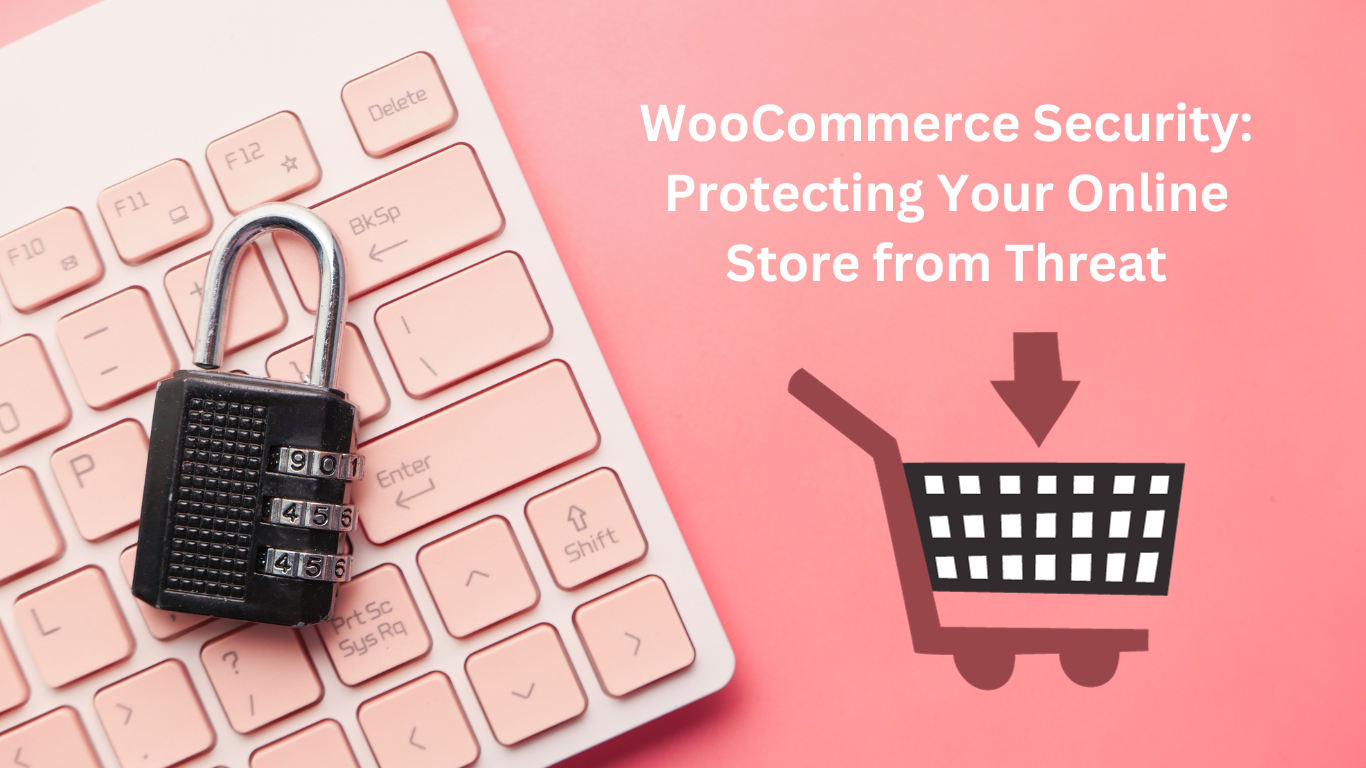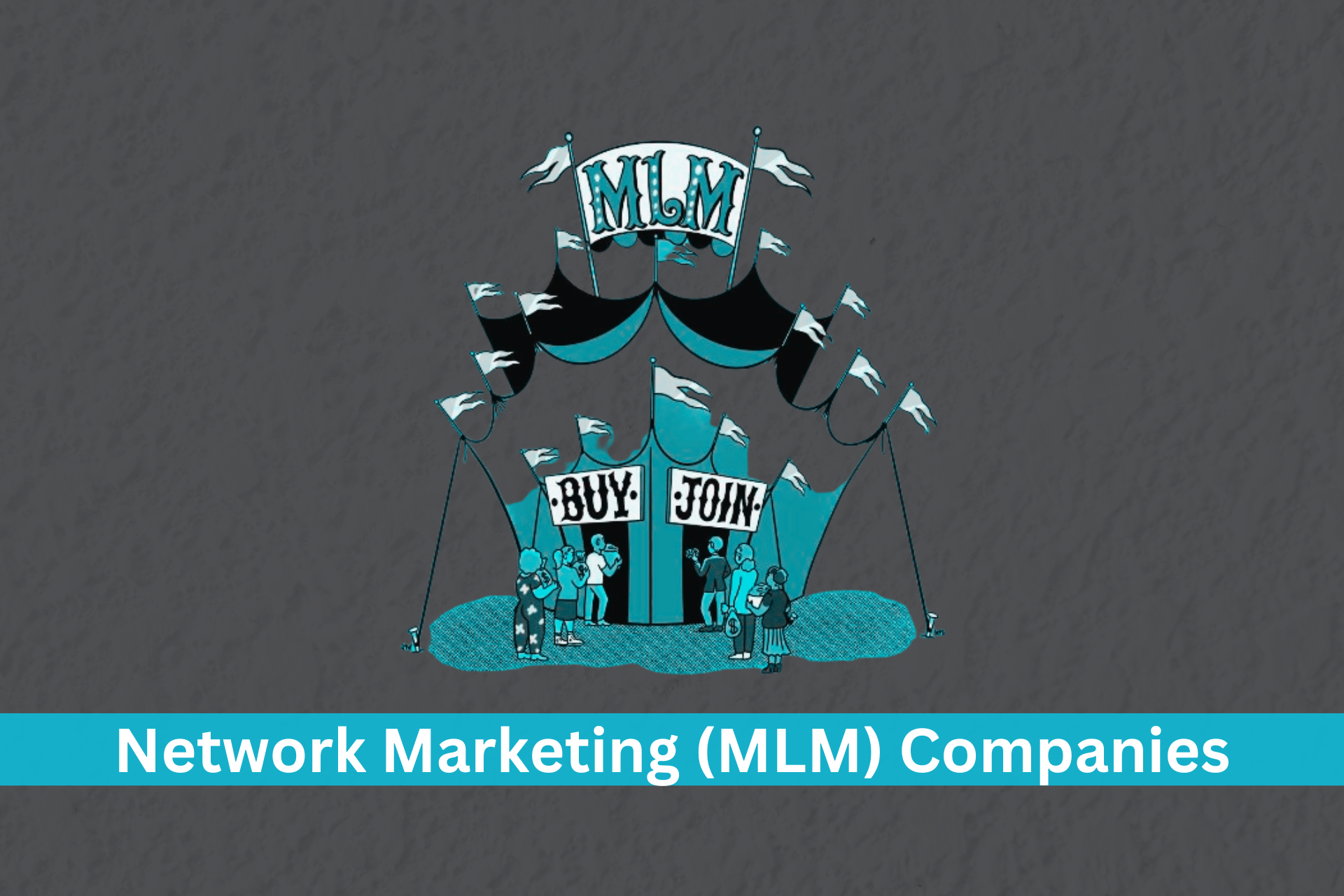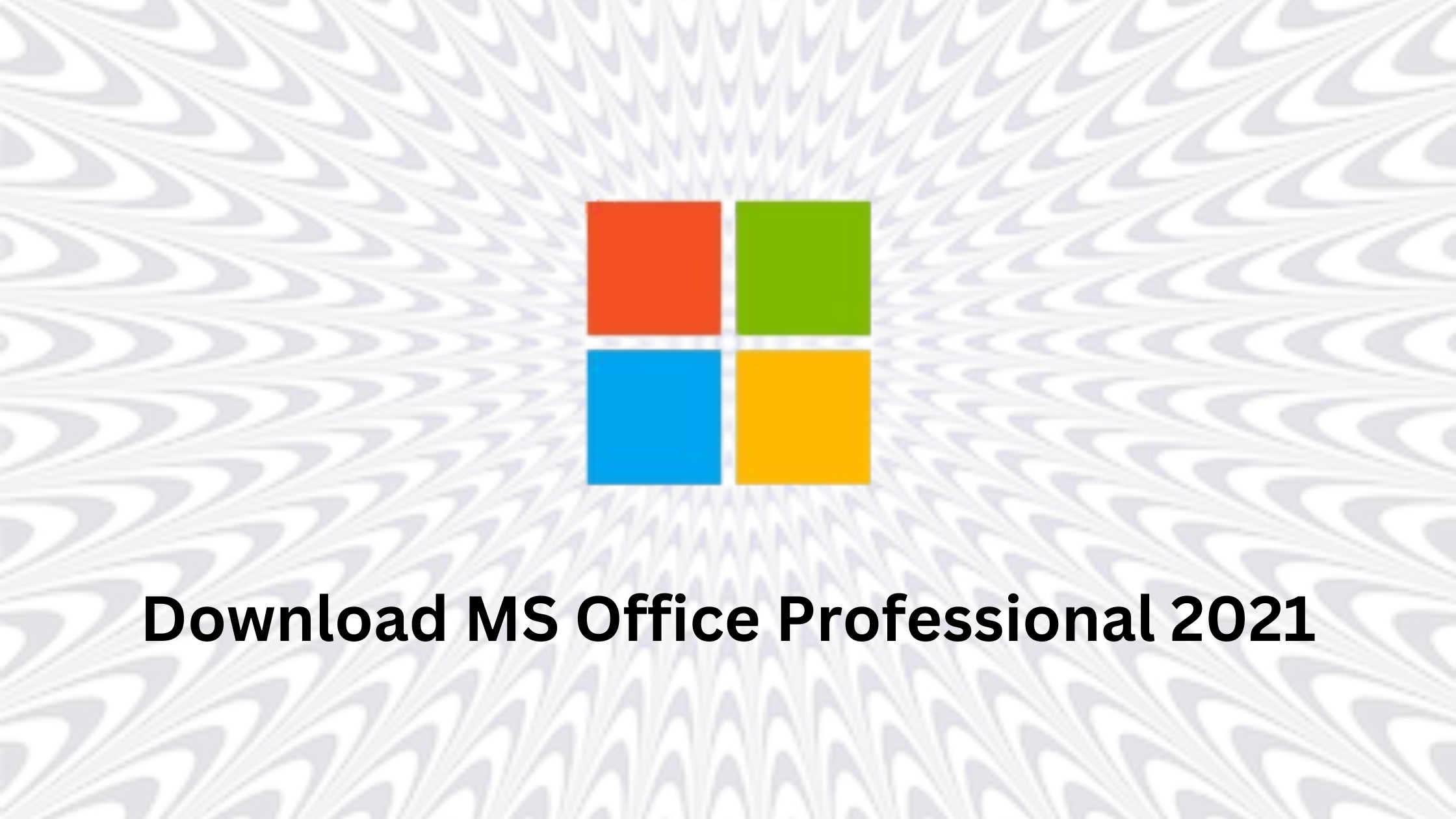In this digital marketplace, your WooCommerce store is like a shop on a bustling street, attracting both customers and potential threats.
Just as a brick-and-mortar shop needs locks, alarms, and security measures to safeguard its valuable merchandise, your online store, including all its plugins, such as the WooCommerce side cart, requires protection from cyber threats.
From sneaky hackers to data breaches, dangers lurk in virtual aisles. In this guide, we’ll let you know how to protect your WooCommerce store, ensuring that your online business stands firm against the ever-present security challenges.
1. Keep Software Updated
Updating your software means regularly checking and installing new versions or updates for your website and its components. These updates include improvements, bug fixes, and security enhancements. It’s like giving your online store a tune-up to ensure it runs safely and stays safe.
If you update, your site could be faster, have errors, or be vulnerable to hackers. Just like cars need oil changes, websites need software updates. So, always click that “update” button when you see it to keep your online store running well and secure. It’s a simple but vital part of website maintenance.
2. Strong Hosting and Server Security
Robust hosting and server security are like having a sturdy lock on the front door of your online store. It means your website is stored on a safe and well-protected computer (the server).
Imagine this server as a high-security vault where your store’s information is kept. It should be guarded with strong passwords, firewalls, and regular security checks.
If you want your house to be in a safe neighborhood, your server should be in a reliable data center with security measures. This ensures that your online store is less likely to be hacked, and your customer’s data is kept secure, like money in a bank.
3. Use HTTPS
Using HTTPS is like sending a letter in a sealed, secure envelope instead of an open one. It keeps information safe when sending it to a website from your computer.
Your data is encrypted with HTTPS, so it’s scrambled and unreadable to anyone trying to snoop. Imagine you’re sending a secret message, and HTTPS wraps it in a code that only the sender and receiver can understand.
It’s crucial for online stores because it protects personal information, i.e., passwords and credit card details. Always look for the padlock symbol in your browser to ensure a site uses HTTPS.
4. Use Strong Passwords
Using strong passwords is like having a sturdy lock on your front door. It helps keep your online accounts safe. Strong passwords are like secret codes that are hard for others to guess. They should be a mix of letters, numbers, and special symbols.
Avoid using easy-to-guess things like “password123.” Think of something unique and hard to crack. Imagine it as your secret superpower. It’s vital for your email, bank, and online store accounts.
Using strong passwords makes it much more challenging for bad guys to break in and access your personal information, just like a tough lock keeps your home secure.
5. Two-Factor Authentication (2FA)
Two-factor authentication (2FA) is like having two locks on your front door instead of one.
Here’s how it works: First, you enter your regular password. Then, you must provide a second piece of information, like a PIN code sent to your phone.
That’s how, even if someone knows your password, they can only get in with the second code. It’s like needing a key and a fingerprint to open a secret box.
2FA makes your accounts much safer because it’s harder for anyone to break in, just like adding that second lock to your door makes your home more secure.
6. Limit Login Attempts
Limiting login attempts is like locking the door after a few failed tries. It prevents hackers from guessing your password by trying over and over. With this security feature, the system locks them out temporarily after a certain number of incorrect login attempts. It’s like a bouncer at a club denying entry after too many wrong tries.
This helps protect your online accounts by stopping unauthorized people from repeatedly trying different passwords to get in. It’s like saying, “You can’t keep knocking on the door forever,” making your accounts more secure by stopping too many guessing attempts.
7. Firewall Protection
Firewall protection is like a security guard for your computer. Imagine your computer is a castle, and the firewall is like a moat with a drawbridge.
It checks all the data trying to enter or leave and decides if it’s safe. If something suspicious tries to cross, it raises the drawbridge to block it. This prevents viruses, hackers, and malware from harming your computer.
Think of it as a shield that defends your digital kingdom, ensuring only trusted visitors can enter while keeping the troublemakers out.
8. Regular Backups
Regular backups are making copies of your important documents for your computer. It’s a way to save all your files and data in case something terrible happens like your computer crashing or getting stolen.
You can get your files back from the backup if you lose them. It would be best to do this often, so you always have the most recent version of your files.
Regular backups ensure you don’t lose your important stuff, just like a safety deposit box keeps your valuables secure in an emergency.
9. Security Plugins
For the development woocommerce security plugins are special guards for your website. They add extra protection to keep out bad guys. These plugins are like security tools that you can add to your website, like locks to your doors and windows at home.
They help to find and stop potential threats, like hackers and malware, from causing harm. It’s like having an alarm system in your house; if something terrible happens, the alarm goes off, and you’re alerted.
Security plugins help you keep your website safe and sound, just like you want your home protected from intruders and burglars.
10. User Roles and Permissions
User roles and permissions are like different hats people wear in a group. Each cap has a specific job and authority level. For example, on a website, user roles define what people can and can’t do.
The administrator is like the boss with all the powers, while others might have limited access. It’s like giving different keys to different doors in a big building. User roles help control who can edit, view, or change things on a website.
This way, you can decide who gets to make crucial decisions and who can only look around, keeping your website organized and secure.
11. Protect Against SQL Injection
Protecting against SQL injection is like shielding your website from sneaky spies. Imagine your website as a gatekeeper that talks to a database to fetch information.
SQL injection is when a malicious code tries to trick the gatekeeper into revealing secrets. To protect against it, you need to ensure the gatekeeper is wise and doesn’t reveal anything it shouldn’t. It’s like training a guard dog only to allow friendly visitors.
This way, you prevent unauthorized access and keep your website safe. Protecting against SQL injection means ensuring your website doesn’t spill sensitive information to bad actors trying to trick it.
12. Secure Payment Gateways
Secure payment gateways are like trustworthy cashiers for your online store. They’re responsible for handling customers’ money safely. Think of them as the cash registers at a physical store, where you ensure your money is dealt with securely.
Payment gateways encrypt customers’ payment information, turning it into a secret code they can only decode. It’s like sending a secret message that only the recipient can understand. This encryption keeps payment details safe during online transactions.
Secure payment gateways ensure that when customers buy from your online store, their financial information remains private and protected from potential threats, just like in an actual store where you trust the cashier to handle your payment securely.
Conclusion
Website security is your shield against unseen dangers. By implementing these best security measures, you’re ensuring your WooCommerce store remains a haven for customers, protecting their data and your business’s reputation. Stay vigilant, and your online store will thrive securely.

The Search Engine Cage team is on a mission to educate entrepreneurs. We make things easier for the small business owner, by writing articles that help them to understand SEO and Digital Marketing.







